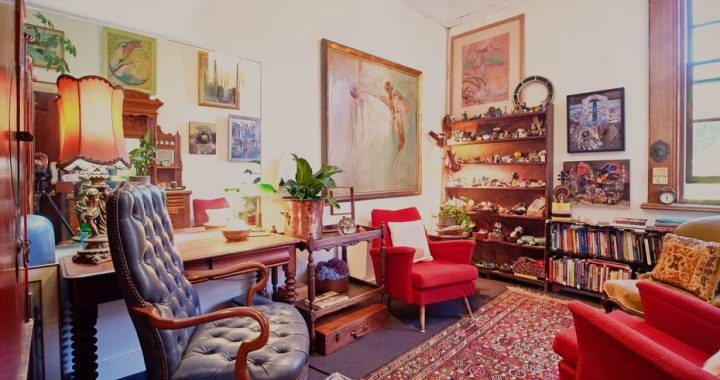Every workshop thrives when the right atmosphere is set from the beginning. Many professionals now choose therapy rooms London for their events, valuing the balance between comfort, privacy, and practicality. A well-prepared space can influence how participants engage, learn, and feel throughout the session.
Choosing the Right Room
The type of room you select will depend on the size and focus of your workshop. Small groups often benefit from intimate rooms where people feel secure sharing personal experiences. Larger sessions, however, may require open layouts with flexible seating to accommodate interaction and movement. Natural light, good ventilation, and soundproofing are important considerations to ensure participants remain relaxed and focused.
Setting the Tone with Design and Layout
The physical arrangement of the room contributes to the mood of the session. A circle of chairs encourages open dialogue, while rows facing forward work well for presentations. If your workshop involves exercises or role-play, flexible furniture makes it easier to adapt the space quickly. Subtle décor, soothing colours, and minimal distractions allow participants to concentrate on the purpose of the gathering rather than the environment itself.
Preparing for Comfort and Practicality
Comfort plays a vital role in how participants engage with your content. Adequate heating, air conditioning, and comfortable seating are essential. Breakout spaces, refreshments, and clear access to restrooms also matter. Practical features such as projectors, flip charts, and reliable internet connections support facilitators who rely on multimedia or interactive elements. Paying attention to these details ensures your session flows without unnecessary interruptions.
Planning the Workshop Structure
A clear plan creates a sense of purpose and direction for participants. Begin with an introduction that sets expectations and establishes trust. Allow time for group discussion, individual reflection, and interactive exercises. Keep sessions varied to maintain attention, and schedule breaks to prevent fatigue. Ending with a summary or action points helps participants feel the session has provided them with something valuable to take away.
Managing Group Dynamics
Every group brings different personalities, levels of experience, and energy. Skilled facilitation is essential to ensure all voices are heard while maintaining focus. Encourage participation without pressure, and handle conflicts calmly to keep the environment respectful. Setting ground rules at the start of the workshop helps create a sense of safety and fairness.
Enhancing the Learning Experience
Workshops in professional therapy rooms often deal with sensitive topics. Facilitators should use approaches that blend knowledge-sharing with empathy. Activities such as guided discussions, mindfulness practices, or creative exercises can support deeper engagement. The choice of method should suit the group’s needs and the overall aim of the workshop. Creating an atmosphere where participants feel seen and supported strengthens the impact of the session.
Incorporating Technology Thoughtfully
While therapy rooms are primarily associated with personal interaction, technology can still enhance workshops when used thoughtfully. Screens, projectors, or sound systems may help deliver structured content, while digital surveys or live feedback tools encourage engagement. However, technology should never dominate. Keeping a balance ensures the session remains personal and centred on human connection.
Preparing for Accessibility and Inclusivity
Professional spaces must welcome everyone. Ensure the therapy room is accessible for those with mobility needs, and consider sensory aspects for participants who may be sensitive to noise or lighting. Providing materials in multiple formats—such as printed handouts and digital copies—makes content accessible to all. Being mindful of inclusivity demonstrates respect and strengthens trust among participants.
Evaluating Success
At the end of the workshop, gathering feedback helps measure its effectiveness. This can be done through informal discussions, written reflections, or anonymous surveys. Feedback highlights what worked well and what can be improved in future sessions. Continuous learning from each event ensures that every workshop grows stronger in structure, delivery, and impact.
The Value of Professional Spaces
Therapy rooms offer more than just four walls and chairs. They provide an atmosphere designed to support openness, reflection, and growth. Hosting workshops in these spaces enhances not only the professionalism of the event but also the comfort and engagement of participants. With the right preparation, therapy rooms become places where learning deepens, connections form, and participants leave with a renewed sense of clarity and purpose.

